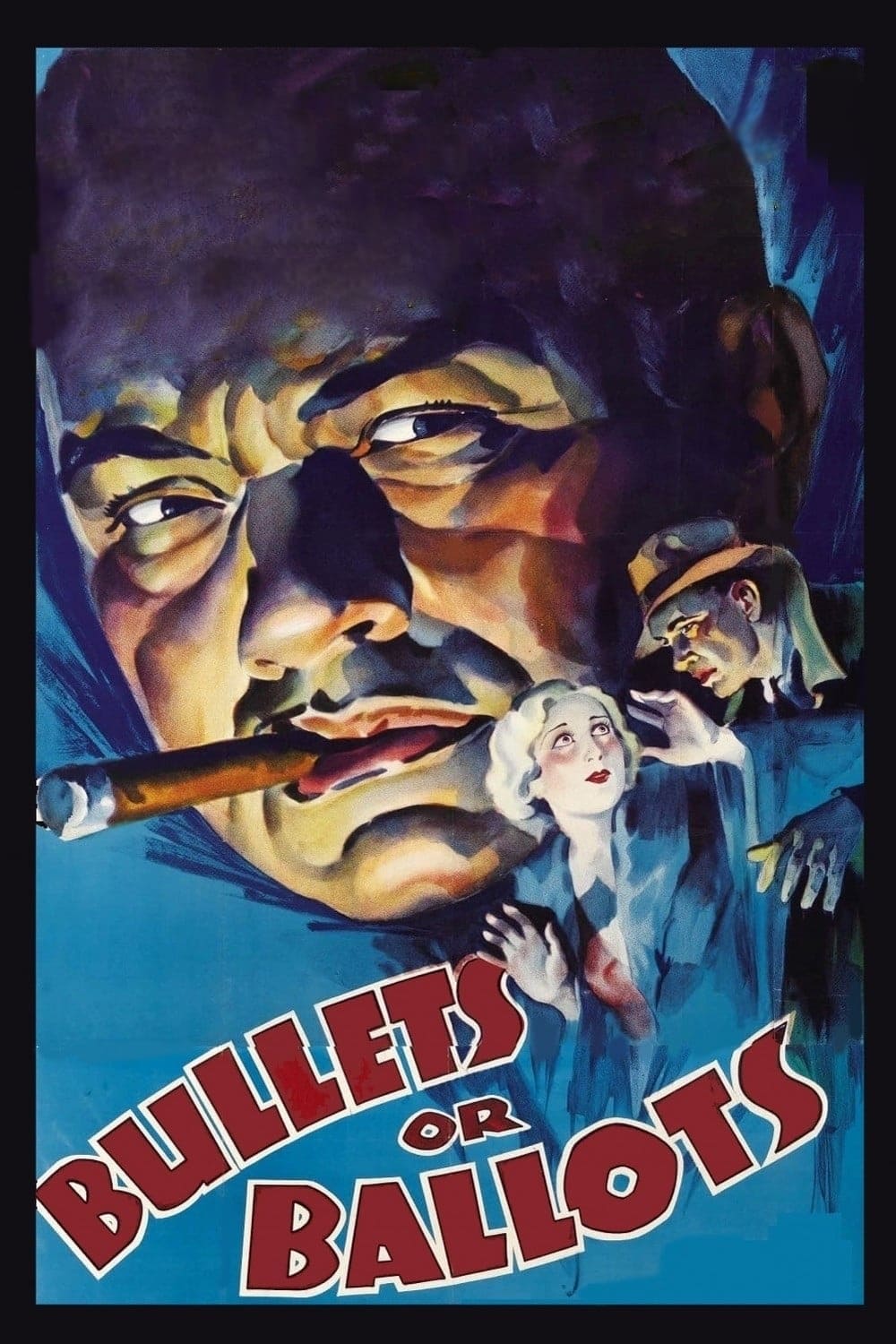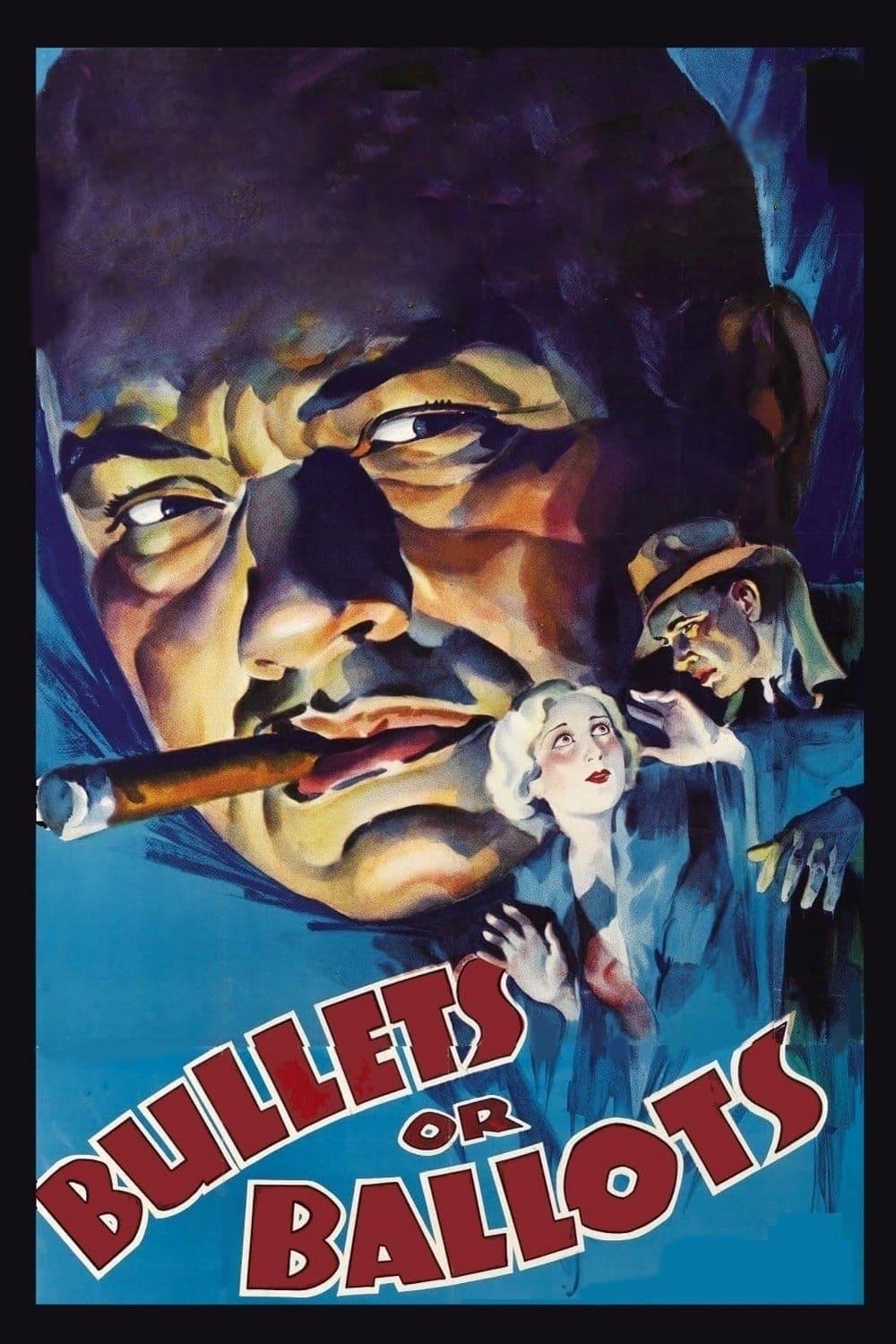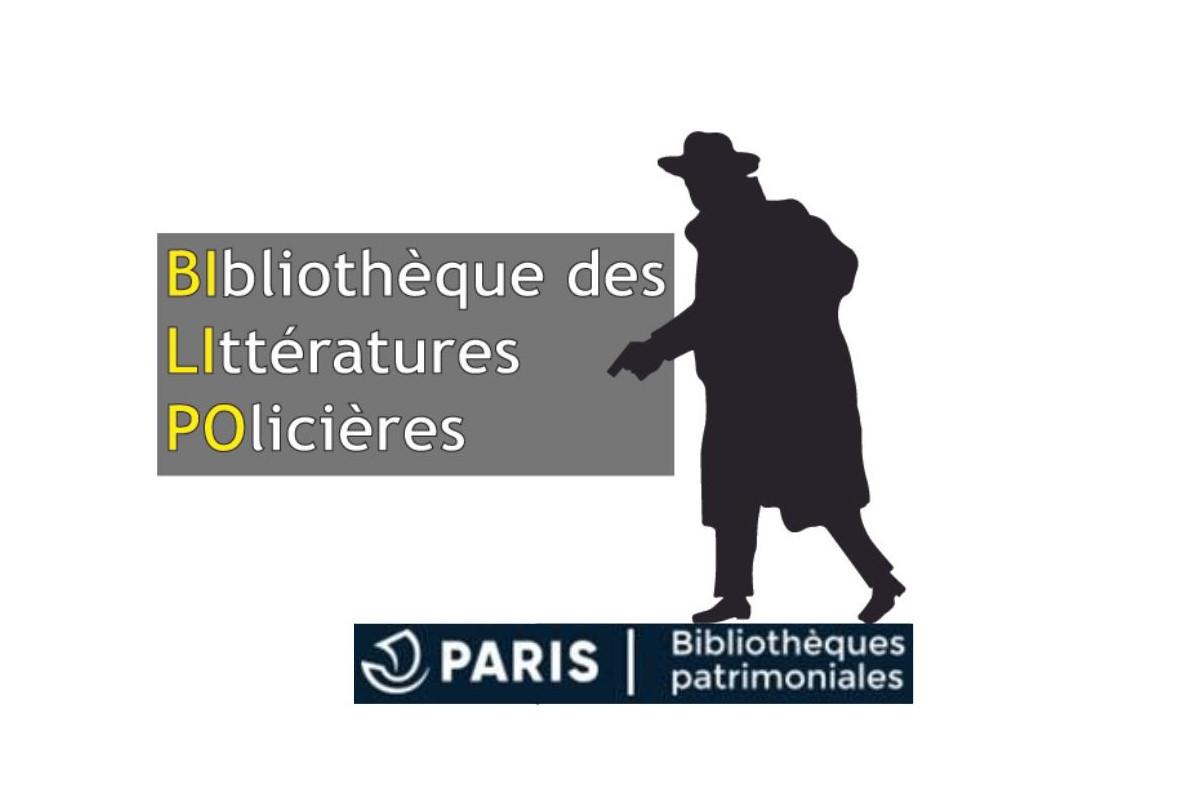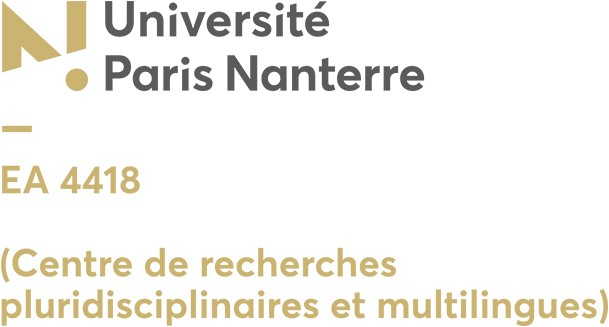Version française / Colloques / Journées d'études
COLLOQUE INTERNATIONAL : ROMAN POLICIER ET DEMOCRATIE International conference – Crime Fiction and Democracy

Ce colloque pluridisciplinaire explorera la relation complexe et multiforme entre le roman policier et la démocratie, de la fin du XIXe siècle à nos jours. Organisé par le Centre de Recherches Anglophones (Université Paris Nanterre) et Queen’s University Belfast, en partenariat avec le Centre de recherches pluridisciplinaires multilingues (Université Paris Nanterre).
du 22 juin 2023 au 24 juin 2023
Bâtiment Max Weber (W)

Recent research has highlighted crime fiction’s relationship to democratic institutions and shown the productivity of reading the history of the genre against the development and consolidation of Western liberal States. This conference seeks to build on such approaches and extend them in two ways.
Firstly, it will focus on crime fiction’s relationship not only to state institutions but, more generally, to the transformative spirit of democracy – a spirit which, according to our working hypothesis, is one of the forces that has driven and is still driving the growth and success of the genre, in its various manifestations. The conference will therefore aim at linking crime fiction’s sociological and cultural history to the achievement or failure of democratic aspirations in different national and international settings and at different periods. It will, on the one hand, try to show how the genre may have represented a modernizing, democratic force within the literary field overall, particularly as its aesthetics often foregrounds vernacular linguistic practices and attitudes, thus subverting traditional scales of values and paving the way for a more egalitarian vision of literature. On the other hand, it may also highlight how crime fiction has, at times, harboured or promoted reactionary, authoritarian or ‘vigilante’ tendencies. These conflicting positions within the genre – sometimes within single works – reflect both crime fiction’s ideological diversity and the elusive nature of democracy, as an elusive concept whose understanding may shift considerably depending on time and place. But they also, overall, testify to the role of crime fiction as a literary testing-ground for democratic impulses and values.
Secondly, the conference aims at a wide historical and geographical scale, in order to account for the evolutions and manifestations of crime fiction in various cultural areas. It will welcome papers looking at the cultural and political history of the genre both in regions where it has long been established (as in the US and Western Europe) and in others where it has only more recently been recognized, as in Eastern Europe and Russia, Africa, Asia, the Arab world, the Caribbean or Latin America. In such regions, too, the conference will aim at correlating the rise of crime fiction with the emergence, affirmation, rejection or breakdown of democratic aspirations.
In order to explore these theoretical perspectives, this conference invites 20-minute papers, either in English or French, focusing on the multiple connections between democracy and crime fiction throughout the world, and seeking, if possible, a broad analytical approach rather than the analysis of single works.
Partenaires




Mis à jour le 09 septembre 2024
Contact :
Fichier joint
- Résumé / abstracts DOC, 51 Ko
- Programme du colloque DOC, 25 Ko
Margaret Atack (University of Leeds)
Katia Ghosn (Université Paris 8)
Brooks E. Hefner (James Madison University)
Alice Jacquelin (Université Paris Nanterre)
Dominique Jeannerod (Queen’s University Belfast)
Matthieu Letourneux (Université Paris Nanterre)
Andrew Pepper (Queen’s University Belfast)
David Platten (University of Leeds)
Lucia Quaquarelli (Université Paris Nanterre)
Benoît Tadié (Université Paris Nanterre)












